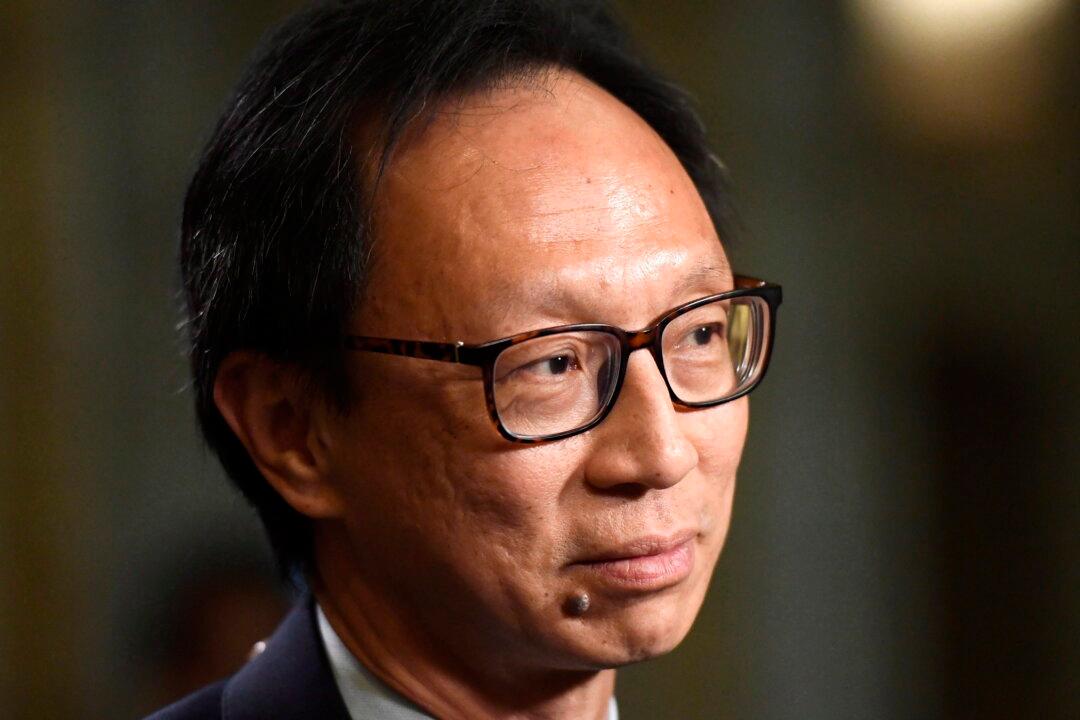Sen. Yuen Pau Woo’s claim that people of Chinese descent in Canada face “contemporary forms of exclusion and discrimination” is divisive and deflects from the Beijing regime’s true tactics, says a former ambassador.
“Senator say (sic) many Canadians hold stereotypical views of Chinese,” former Canadian ambassador to China David Mulroney wrote on Twitter on Feb. 16.





